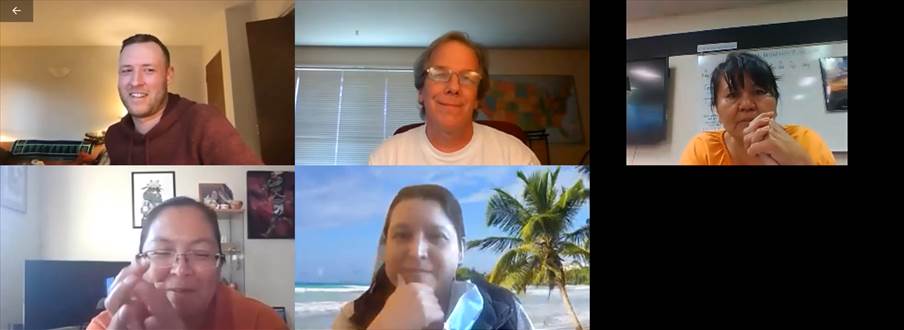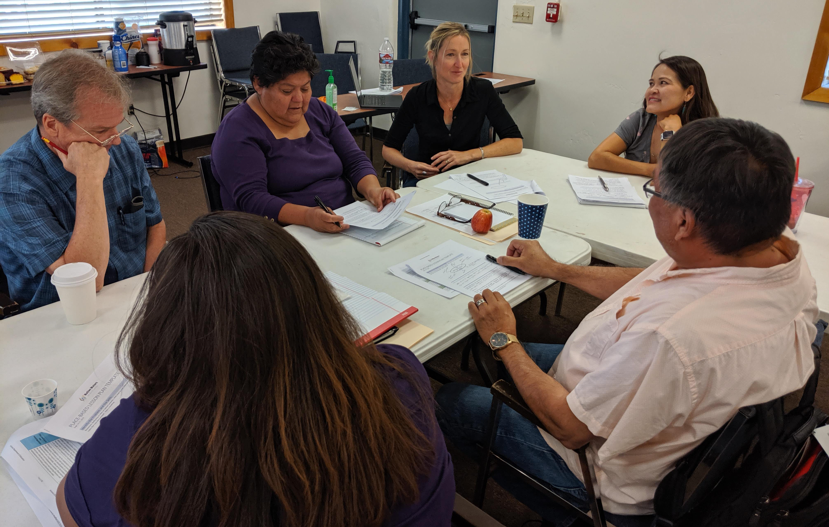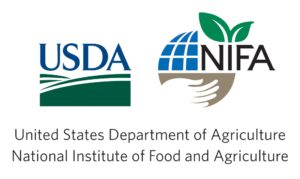Teaching Native Waters
What is Teaching Native Waters?
Teaching Native Waters is an educator professional development program that makes the science from the Native Waters on Arid Lands program actionable in classrooms. We do this by building a network of educators serving Native students to learn together, exchanging ideas and adapting the science to the needs of classrooms in a place-based way.
Who is involved?
Teaching Native Waters brings together formal educators serving Native students, scientists working on the Native Waters on Arid Lands project, and specialists in educator support.
Why offer this educator professional development opportunity?
Teaching Native Waters addresses important gaps in professional development for teachers serving rural students in Native communities.
How is it structured?
During this time of physical distancing, we are hosting four professional development modules, each six weeks long. The modules are a combination of live meetings, written discussions, and self-paced hands-on activities. This format provides the opportunity for teachers to learn, test, and integrate the material into their classrooms, as they support each other by sharing feedback and receive support from education specialists and practicing scientists.

Teaching Native Waters brings together formal educators serving Native students, scientists working on the Native Waters on Arid Lands project, and specialists in educator support.
Our program is structured as a Community of Practice. Communities of Practice have been a mainstay in teacher professional development for over 25 years. A widely-used academic definition for CoPs is a “group of people who share a concern, a set of problems, or a passion about a topic, and who deepen their knowledge and expertise in this area by interacting on an ongoing basis” (Wenger et al., 2002).
In other words, these communities of educators are networks that learn — and learn together. They enable novice teachers to learn by observing and participating alongside more experienced ones, where all participants can engage and contribute to their own ability. Teaching Native Waters brings middle and high school teachers of differing levels of experience to share and learn from one another, and to connect teachers with scientists who will work with them to bring STEM concepts to life in a place-based context.
Place-based learning
Place-based learning connects classroom content to the experiences of students and teachers and enables the use of the local community as a classroom. We believe that place-based learning is one of the most effective approaches for supporting educators to adapt emerging science for the needs of their classroom and the cultural contexts that learning is happening within.
Events
Register for an event with our Virtual Professional Development Community.
Contact
Meghan Collins
Desert Research Institute
Meghan.Collins@dri.edu


